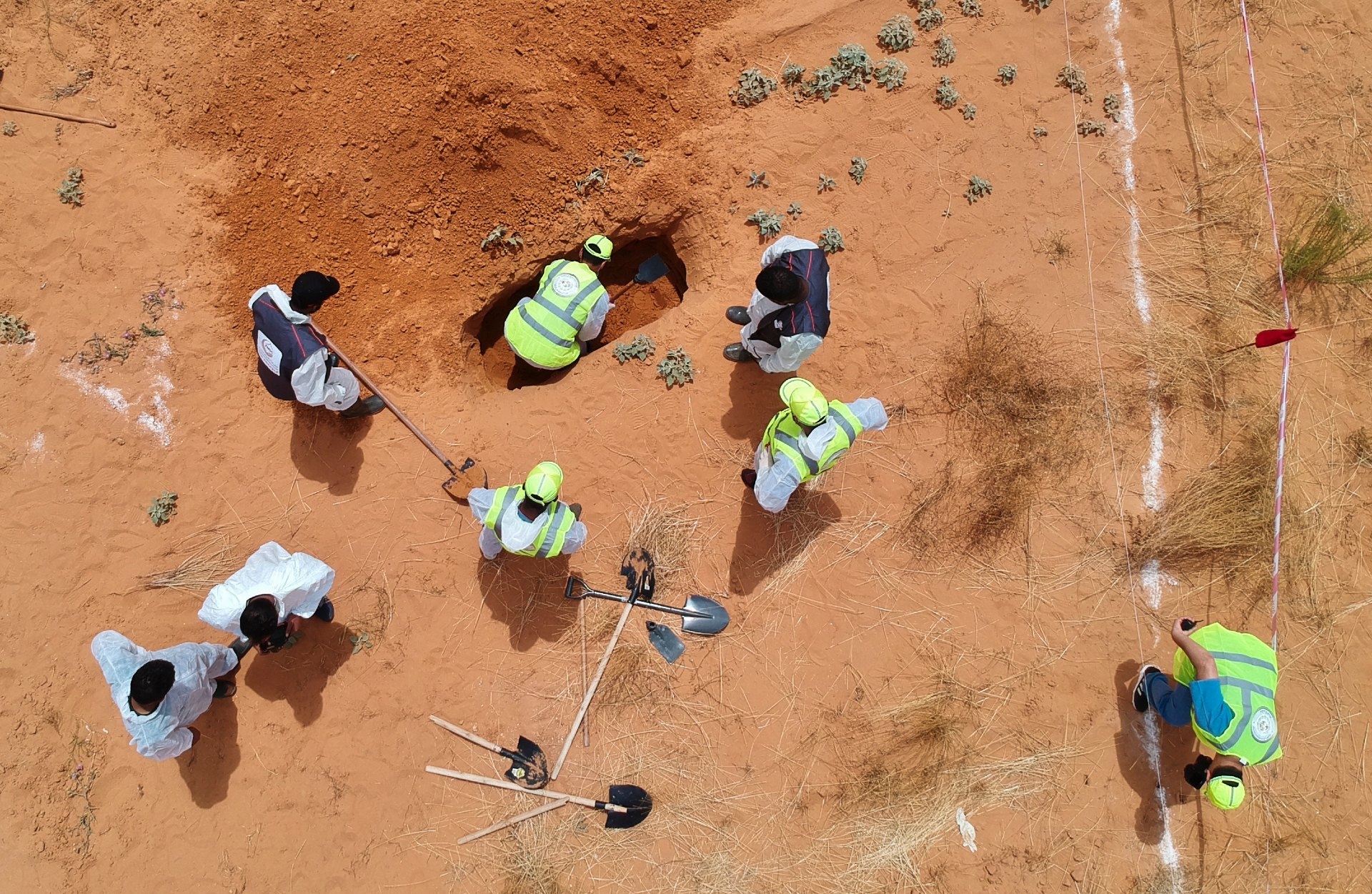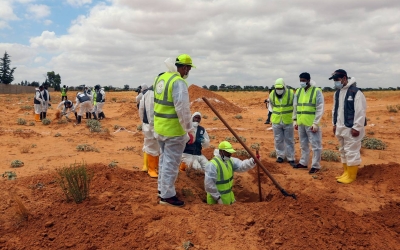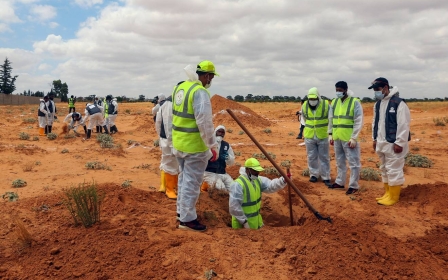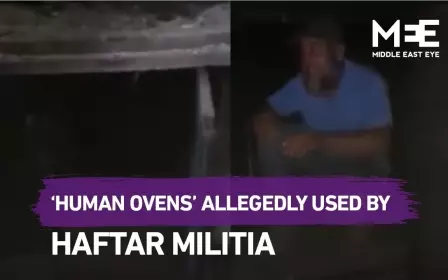UN delays Libya rights investigation due to lack of funds

The United Nations said it does not have enough funds to investigate human rights violations in Libya, following a decision made by the body's rights council on Tuesday.
In June, the UN Human Rights Council adopted a resolution supported by Tripoli, which called for a fact-finding mission to investigate rights violations perpetrated in Libya.
The lack of funds means the UN will now be unable to send the fact-finding mission to Libya to document abuses committed by all parties since 2016.
The Human Rights Council adopted the new resolution on Tuesday to postpone the implementation of several resolutions, including the one on Libya, until 2021.
"There are mandates that could not be carried out in full ... because they had not received the sufficient funds, mostly for staffing needs," rights council spokesperson Rolando Gomez told AFP.
The Rights Council's decision comes as the UN experiences a major financial crisis after several countries refused to pay their annual dues.
Libya has been gripped by instability following the downfall of former ruler Muammar Gaddafi.
Rival factions backed by different regional powers have both perpetrated rights violations in its attempt to take control of Libya.
Earlier this month, the UN-recognised Government of National Accord (GNA) called for international help to investigate war crimes perpetrated by Khalifa Haftar during his failed April 2019 to June 2020 assault on Tripoli.
Mass graves suspected to hold hundreds of bodies were discovered in the town of Tarhuna, from which Haftar launched his offensive. The UN described its "horror" at the reports.
Last month, Middle East Eye travelled to Tarhuna, meeting several residents who had multiple relatives disappeared by a Haftar-allied local militia during the assault. MEE also reported on the torture prisons and the mass graves left by Haftar's Libyan National Army (LNA).
Tarhuna's mayor told MEE it would take at least a year to excavate the mass graves without international support.
Middle East Eye delivers independent and unrivalled coverage and analysis of the Middle East, North Africa and beyond. To learn more about republishing this content and the associated fees, please fill out this form. More about MEE can be found here.




